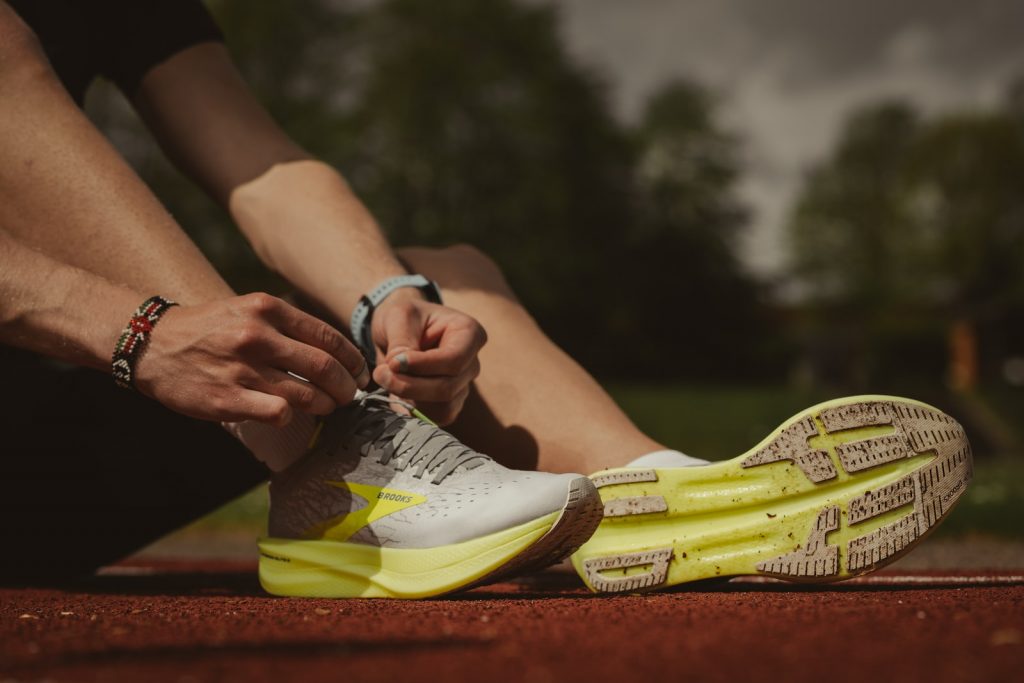As an athlete, you know the importance of taking care of your body and training regularly to perform at your best. But have you ever thought about sun protection’s role in your overall health and well-being? Overexposure to the sun can have serious consequences for athletes, including sunburn, skin cancer, and heat stroke. In this article, we’ll explore the risks of overexposure to the sun for athletes and the benefits of sun protection. We’ll also provide some practical tips for athletes to protect themselves from the sun and perform at their best.
The Risks of Overexposure to the Sun for Athletes
Overexposure to the sun can have serious consequences for anyone, but athletes may be particularly at risk due to increased exposure to the sun during outdoor training and competition. Here are just a few of the negative consequences of overexposure to the sun for athletes:
Sunburn: Sunburn is a common and painful consequence of overexposure to the sun. It occurs when the skin is exposed to too much ultraviolet (UV) radiation, which damages the skin cells and causes inflammation. Sunburn can be especially uncomfortable for athletes, making it difficult to train and compete. In severe cases, sunburn can lead to blistering and scarring.
Skin cancer: Overexposure to the sun is the leading cause of skin cancer, and athletes are at an increased risk due to their increased exposure to the sun. Skin cancer is a type of cancer that develops in the skin cells, and it can be deadly if left untreated. There are three main types of skin cancer: basal cell carcinoma, squamous cell carcinoma, and melanoma. Melanoma is the most serious type of skin cancer and is responsible for most skin cancer deaths.
Heat stroke: Heat stroke is a serious condition that occurs when the body’s temperature rises to a dangerous level. It can be caused by overexposure to the sun and other factors such as dehydration and physical exertion. Symptoms of heat stroke include dizziness, headache, rapid pulse, and nausea. In severe cases, heat stroke can lead to organ damage or even death.
The Benefits of Sun Protection for Athletes
Sun protection is important for athletes for several reasons. Here are just a few of the benefits of sun protection for athletes:
Improved performance: Sun protection can help athletes perform at their best by preventing sunburn, heat stroke, and other negative consequences of overexposure to the sun. Sunburn, for example, can cause inflammation and discomfort that make it difficult to train and compete. Heat stroke, however, can be life-threatening and should be avoided at all costs.
Reduced risk of skin cancer: As mentioned above, overexposure to the sun is a leading cause of skin cancer. By protecting themselves from the sun, athletes can reduce their risk of developing skin cancer and other skin conditions.
Improved recovery: Sunburn and heat stroke can both take a toll on the body, and the recovery process can be long and difficult. By protecting themselves from the sun, athletes can reduce the risk of these conditions and recover more quickly after training or competition.
Tips for Sun Protection for Athletes
So, what can athletes do to protect themselves from the sun and perform at their best? Here are a few practical tips for sun protection:
Wear protective clothing
One of the most effective ways to protect yourself from the sun is to wear protective clothing, such as long-sleeved shirts, pants, and hats. Look for clothing made from tightly-woven fabrics with a UPF (ultraviolet protection factor) rating of at least 30. UPF ratings indicate how much UV radiation can pass through the fabric, with higher UPF ratings offering more protection.
Use sunscreen
Sunscreen is a crucial part of any sun protection routine, and athletes should use it before training or competing. Look for a sunscreen with an SPF (sun protection factor) of at least 30 that provides broad-spectrum protection (meaning it protects against both UVA and UVB rays). Remember to apply sunscreen to all exposed skin, including your face, ears, neck, and hands. Reapply every two hours or immediately after swimming or sweating.
Incorporate skincare
Sun protection doesn’t have to stop when you’re off the field. Incorporating skincare into your daily routine can help protect your skin from the sun’s damaging effects. Look for skincare products that contain antioxidants, such as vitamin C and green tea, which can help neutralize free radicals caused by UV radiation. You can also use skincare products with ingredients such as aloe vera and cucumber, which can help soothe and moisturize sun-damaged skin.
Seek shade
Try to seek shade whenever possible when the sun is at its strongest (usually between 10 a.m. and 4 p.m.). This can be especially important for athletes who are training or competing outdoors. Look for trees, buildings, or other structures that can provide some relief from the sun.
Stay hydrated
Dehydration can be a serious concern for athletes, especially in hot weather. Make sure to drink plenty of water before, during, and after training or competition to stay hydrated and prevent heat stroke. Avoid caffeinated and sugary drinks, as they can contribute to dehydration.
Conclusion
As an athlete, it’s important to protect yourself from the sun to stay healthy and perform at your best. Sunburn, skin cancer, and heat stroke are all serious risks of overexposure to the sun, and they can all have negative consequences for athletes. By wearing protective clothing, and sunscreen, seeking shade, and staying hydrated, athletes can protect themselves from the sun and reduce their risk of these conditions. Remember to take care of your skin and protect yourself from the sun, and you’ll be well on your way to reaching your athletic goals.

